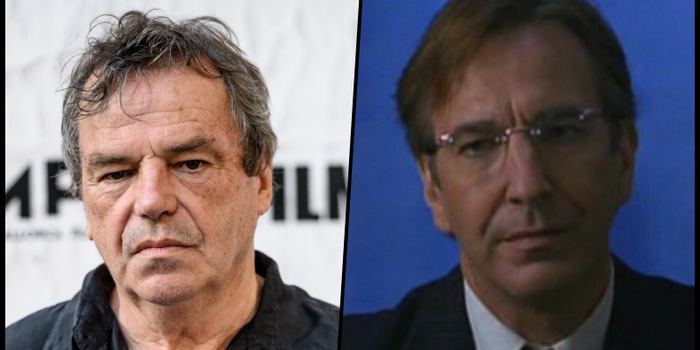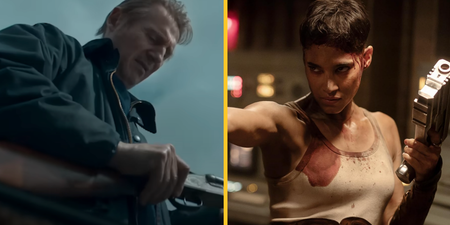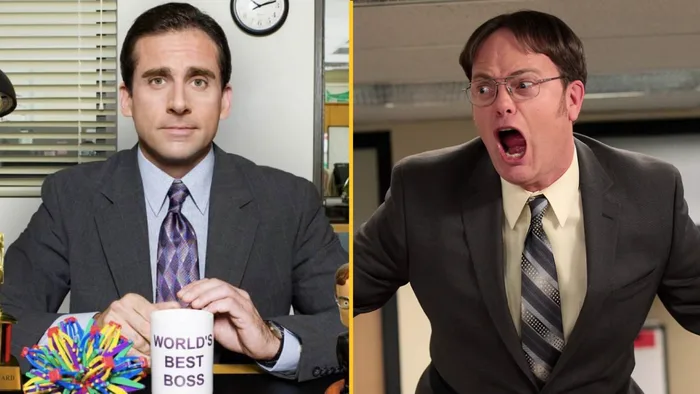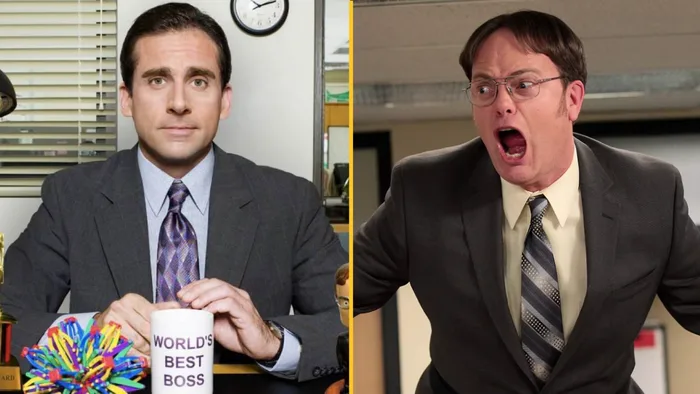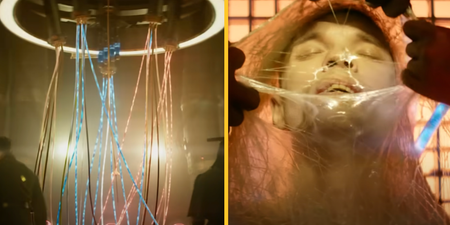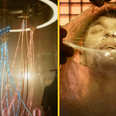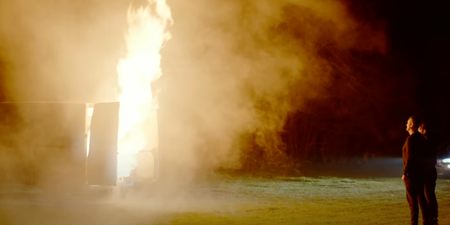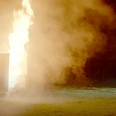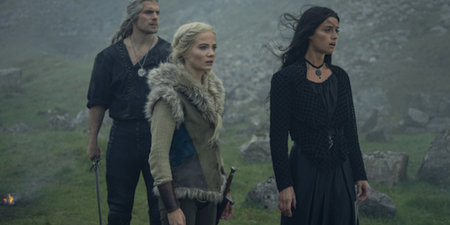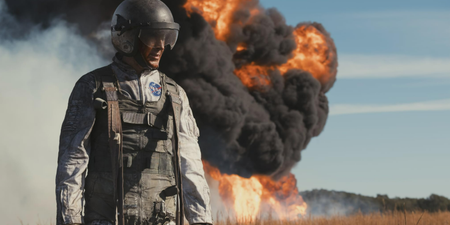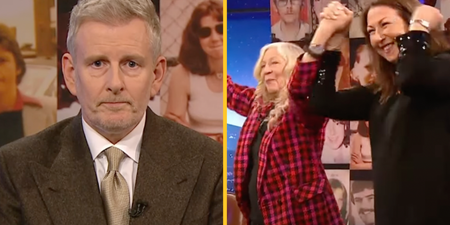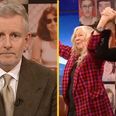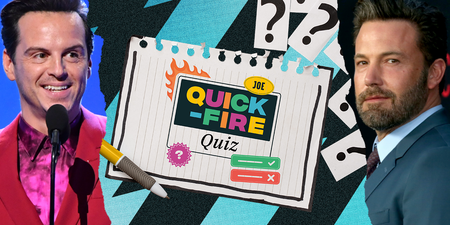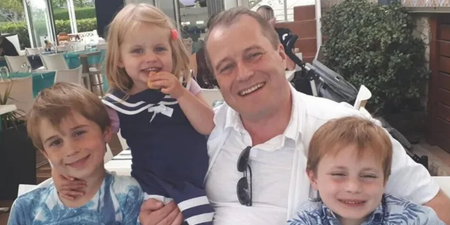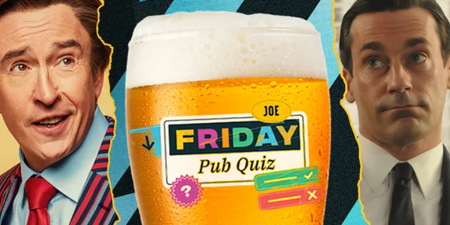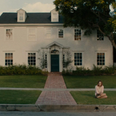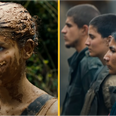“I’m sorry if some people take the implication that De Valera had a hand in his assassination, I didn’t intend that at all.”
Neil Jordan has apologised to moviegoers if they had thought he implied that Éamon De Valera had ordered the death of Michael Collins due to the ending of his film.
The director spoke about the film and its legacy on This Week on RTÉ Radio One on Sunday (21 August).
Jordan was asked if the portrayal of Dev was a fair one.
“No, of course not,” Jordan replied, “but I was never a fan. I grew up in De Valera’s Ireland.
“It was a fair portrayal of the broader political set of decisions De Valera made at the time. The fact that Alan [Rickman] played him so brilliantly… came from Alan’s own viewing of the movie footage at the time.”
While thinking back on which aspects of De Valera had been portrayed unfairly, Jordan turned his attention to the ending of the film, which shows Collins’ death in Béal na Bláth on 22 August 1922.
“Well, everyone talks about the end, I didn’t imply in the movie that De Valera setup Collins for assassination.
“If you believe Tim Pat Coogan’s book, which I did, because it was the biggest and most extensive biography that had been published by that time, De Valera was in a farmhouse near Béal na Bláth on that night, and he left the next morning. That’s what I show in the movie.
“I’m sorry if some people take the implication that De Valera had a hand in his assassination, I didn’t intend that at all.
“But I think the broader thrust of the allegorical drama is true. I mean De Valera started… he didn’t start the Civil War but by walking out of the Dáil and giving that ‘rivers of blood’ speech a civil war was inevitable.
“So on balance, it’s not unfair.”
Clip via rigumacoo
Jordan also revealed he was unaware of Fine Gael organising screenings of the film across the country in September.
“The film was terribly controversial at the time, I was being accused of making an apology for political violence or some kind of Sinn Féin artifact, so it’s kind of really ironically interesting that the Fine Gael party are propagating this rerelease of my movie.
“I had no idea it was happening actually. It’s a deeply pleasant surprise.”
LISTEN: You Must Be Jokin’ with Aideen McQueen – Faith healers, Coolock craic and Gigging as Gaeilge
